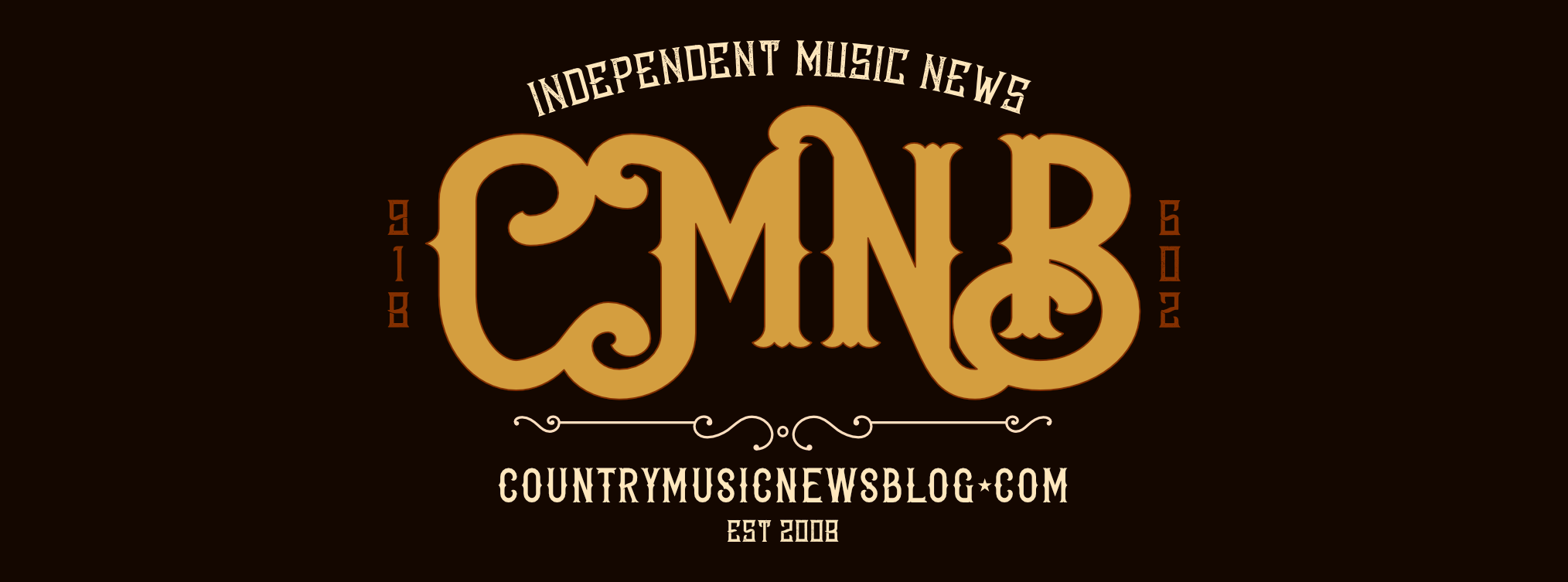Why Country Music Touring Continues To Be The Life Of The Industry.
I love when artists and bands tour. Particularly for the more popular ones, I seek out the dates before they’re released, get the pre-sale if I can, wait for half an hour on the website before it even lets you buy tickets. The excitement of being lucky enough to grab some seats near the front and the dismay at having to pay Ticketmaster huge booking fees, to do, well, not a lot; ordering for a few of your friends and texting them the seat numbers afterwards; making a countdown; updating Facebook about it; writing it on your calendar; listening to the support acts’ music on YouTube. And then the weeks leading up to it, dreaming and fantasising about what songs they’ll play, the things they’ll say to the crowd, what they’ll be wearing and whether they’ll do impromptu meet’n’greets after the show. Live shows are more than one event that lasts for 3 hours on a school night. They last for months, building up to the big day, particularly if you’re younger and you don’t get to go see people live too often, because your parents won’t pay for all of them.
Impact On Industry.
It’s important to the country industry too. Going back 100 years to travelling medicine shows, touring was a huge source of income for country singers, where recording was expensive and couldn’t always access hard-to-reach rural communities where the musicians lived. Back in the day the majority of advertisers stayed well clear of the ‘hillbillies’ and their ‘hick music’ on country radio, or at least country slots on radio before it became a popular format, so radio generally couldn’t pay the people who came on to play live (before it became largely record-based). So touring was very important, and it remained important for country music to be able to interact with its fans, as it is such a fan-orientated music. Today country touring is huge, and despite massive success in record sales and radio airplay it remains the biggest source of an artist’s income, for most anyway. This is because unless they’ve signed a ‘360’ deal, artists will get all the profits of a tour, after everything has been paid for, and I mean everything. The record label don’t get anything. In recent years the ‘360’ deal has come in, meaning 360 degrees of payments going to the record company, as in they get paid from everything an artist does. It’s a shame, but due to much of music going online and not brining as much extortionate profit as the industry was used to in the 1980s, they’ve become greedy and tried to extract more money from their roster.
Connecting Artists and Fans.
But touring – it’s a fantastic way to connect with your favorite artists. When you really love an artist, you establish your own personal emotional connection with them and their music, and seeing them live is a climax of musical perfection and a sense of belonging where perhaps most people you normally know hated your music taste. But at a gig, it’s a unifying experience, where the audience sing along to every word together, and that is a magical experience for everyone. Academic theorists have said that at a show there exists an internal sense of law and time separate from the rest of the world, with a denial of money, class, and the normal social order. Think about it – some of you may be too shy to scream or woop randomly in public in the outside world, but you’ll do it at a concert with everyone else. It helps you escape your inhibitions almost in a similar way alcohol does. You really do get drunk on music.
In the respect of a unified crowd, everyone assumes the same identity – they are a fan of the artist or band they are watching onstage. Small venues (a couple of hundred people) are the best – the distinction between performer and audience breaks down, and it becomes more like a gathering of friends, an intimate party. Afterwards, the prospect of actually meeting the star is a little mind-blowing, and I have to say I still get incredibly starstruck. Who doesn’t? It’s like meeting an old friend from many years ago. It’s surreal, you’ve seen them on TV and heard them on your iPod but there they are, talking to you. I’ve found it’s a very similar feeling to meeting in person a good friend that you’ve previously only known over the internet.
‘I Love Your Music“…All You Need to Say.
So you stumble with your words and wonder how you’re going to tell them how much their music has affected you, how much it means to you, how much they mean to you? I’ve found ‘I love your music’ likes to leave my mouth in these situations and I feel very stupid but there’s not a lot more you can say. They know what you mean.
It’s a very special thing, and creates an extra experience that goes hand in hand with making records; the two support each other. It’s the crown on top of the music industry, in fact. And yes that was cheesy, I know.

Pingback: New article! « For The Country Record